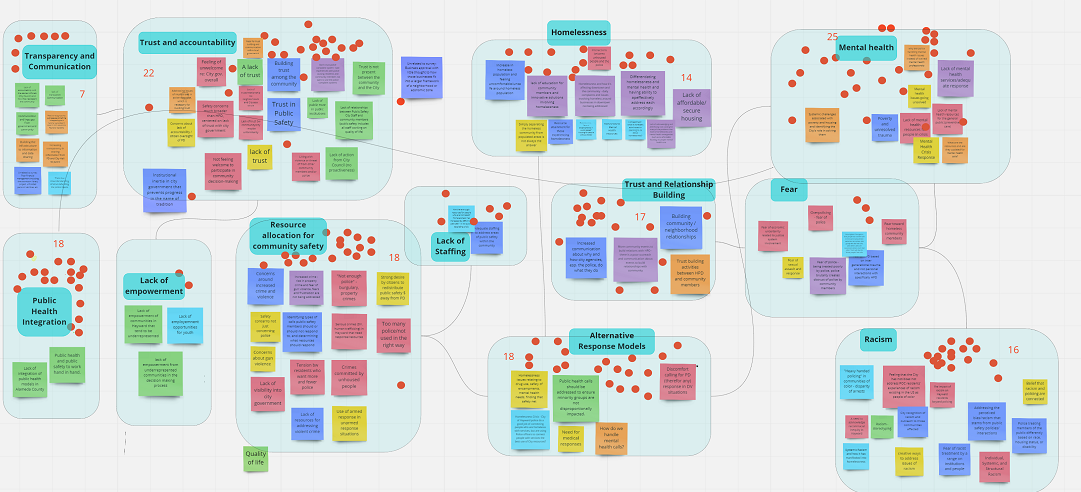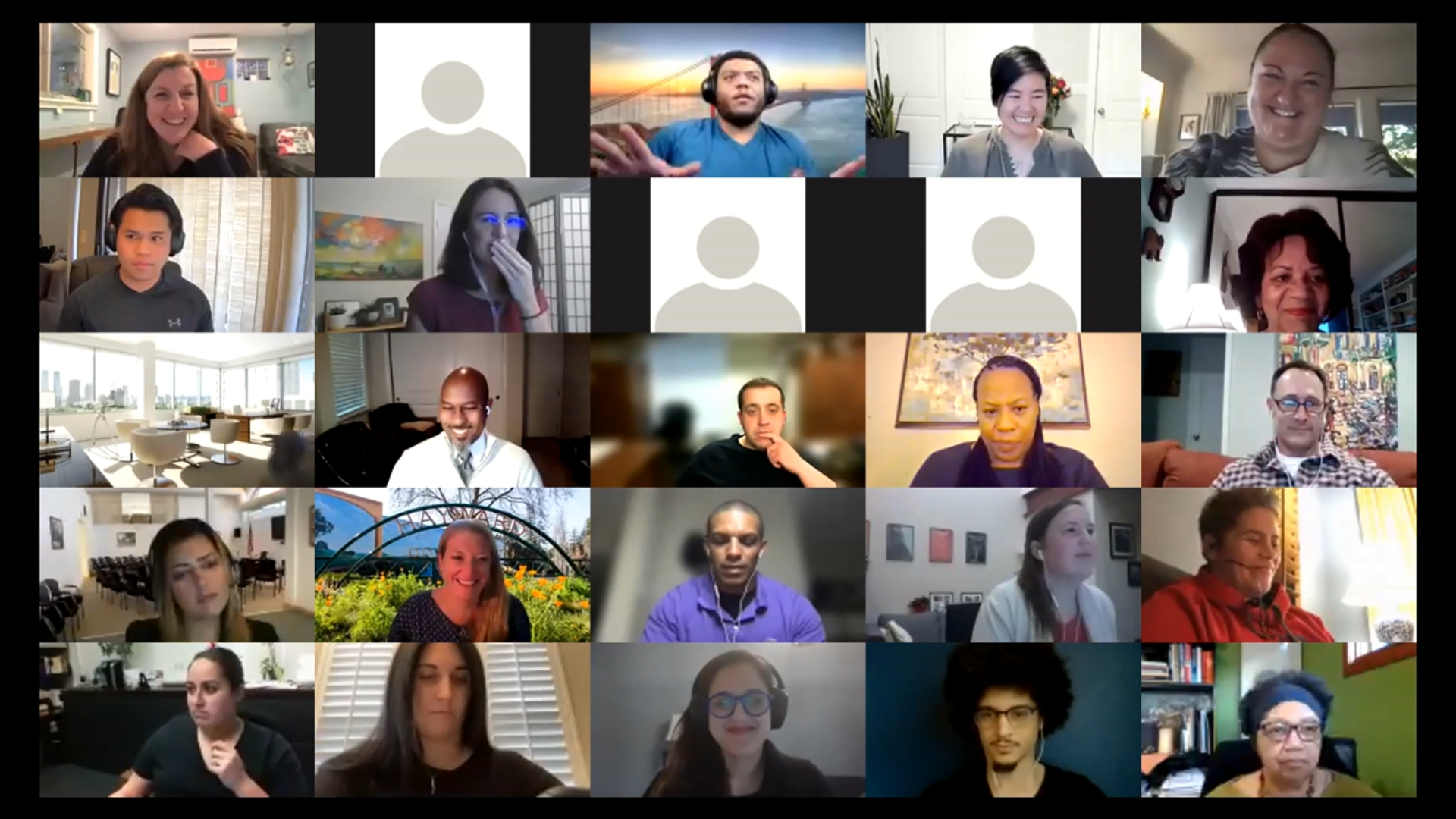Public safety reform should involve the public. Hayward California’s recent community engagement effort around public safety showed that institutions and governments cannot solve community issues on their own – that it requires working hand-in-hand with residents and leveraging the strength of local groups, associations and institutions.
Community problem-solving is a collective endeavor. Successful communities actively and meaningfully engage residents in local governance, including both decision making and implementation of activities to advance shared values. Specifically, “communities with strong indicators of civic health have higher employment rates, stronger schools, better physical health, and more responsive governments.” (National Conference on Citizenship)
It’s important to note that civic engagement is more than presenting information or having people respond to questionnaires; the most effective communities promote efforts that seek to listen to, and learn from, residents in ongoing conversations and leverage those insights to shape the way programs are administered, designed, and executed.
Regardless of the issue at hand, civic leadership and community partnerships can lead to lasting solutions that are unique to each community. In their recent work to reform public safety, Hayward, California undertook a robust and meaningful civic engagement process to not only assess the wants and desires of residents as it relates to public safety, but to also involve them in identifying solutions and keeping them informed as to the status of the recommendations.
Like many individuals around the country, and world, the residents of Hayward, California were shaken by the murder of George Floyd on May 25, 2020, in Minneapolis, Minnesota and began to raise concerns around public safety and policing. The City of Hayward was poised to act as it had already been working on a Racial Equity Plan as part of its participation in The Government Alliance on Race and Equity (GARE), which the city joined after a recommendation by a community task force. The city welcomed the voices of residents and began conducting widespread community engagement around the topic.
Defining the problem is the first step in any civic engagement process. It would have been easy to frame the issue based on national conversations around policing happening at the time, but Hayward took the additional step of doing a deep dive into local thoughts on the matter by asking residents to name their top priorities and concerns.
For starters, the City contracted with FM3 to conduct a survey of a statistically significant, representative sample of members of the Hayward community. FM3 administered the 15-minute survey to over 1,000 Hayward residents. The results of the survey can be found here. Hayward followed up the survey with virtual community conversations about public safety and experiences with policing; conversations were held from August through October of 2020. Lastly, the city partnered with a local college to interview 780 individual residents about their top safety concerns. An interactive map of residents who agreed to share their responses can be found here. The City Council then held a working session where staff gave an update on the community engagement work and a summary of findings.

It would be easy to check the civic engagement box off after asking residents to help frame the issue, but Hayward went once again to the community to help identify policy solutions to the identified concerns. A policy workshop was proposed and ultimately funded by the city. The ten-week Policy Innovation Workshop paired teams of community members with city and public safety staff to brainstorm, research,  and test possible policy alternatives using the gathered community feedback.
and test possible policy alternatives using the gathered community feedback.
13 community members, 9 Hayward Police Department staff, 4 Hayward Fire Department staff and 7 city staff from other departments participated in the workshop, ultimately presenting their recommendations for consideration by council. Nine projects were identified for immediate implementation:
- Dispatch Needs Assessment & Capacity Improvements
- Mobile Mental Health Response Team
- District Command Behavioral Health Clinician
- Behavioral/Mental Health Coordinator
- Expand Shelter Options & Outreach
- Community Services Officers Respond to Property Crimes
- Law Enforcement Community Internships
- Neighborhood Participatory Budgeting
- HPD Training Curriculum Working Group
Due to Hayward’s commitment to community engagement, they now have nine concrete recommendations that are supported by the city, police department and residents. Even at this stage of the effort, resident engagement shouldn’t stop. According to the final Community Public Safety Workshop report, “Many workshop participants and other community members have expressed a desire to stay involved.”
Hayward will surely continue this genuine robust civic engagement effort by continuing to include residents throughout the implementation phase. The public can view updates and the status of implementation through this interactive dashboard.
We hope that more communities will follow the example of Hayward by actively and willfully including residents in naming concerns, identifying and implementing solutions, and monitoring progress. Government alone can’t solve the many challenges facing our communities; today’s challenges require utilizing all community assets to overcome obstacles and create a brighter future.



